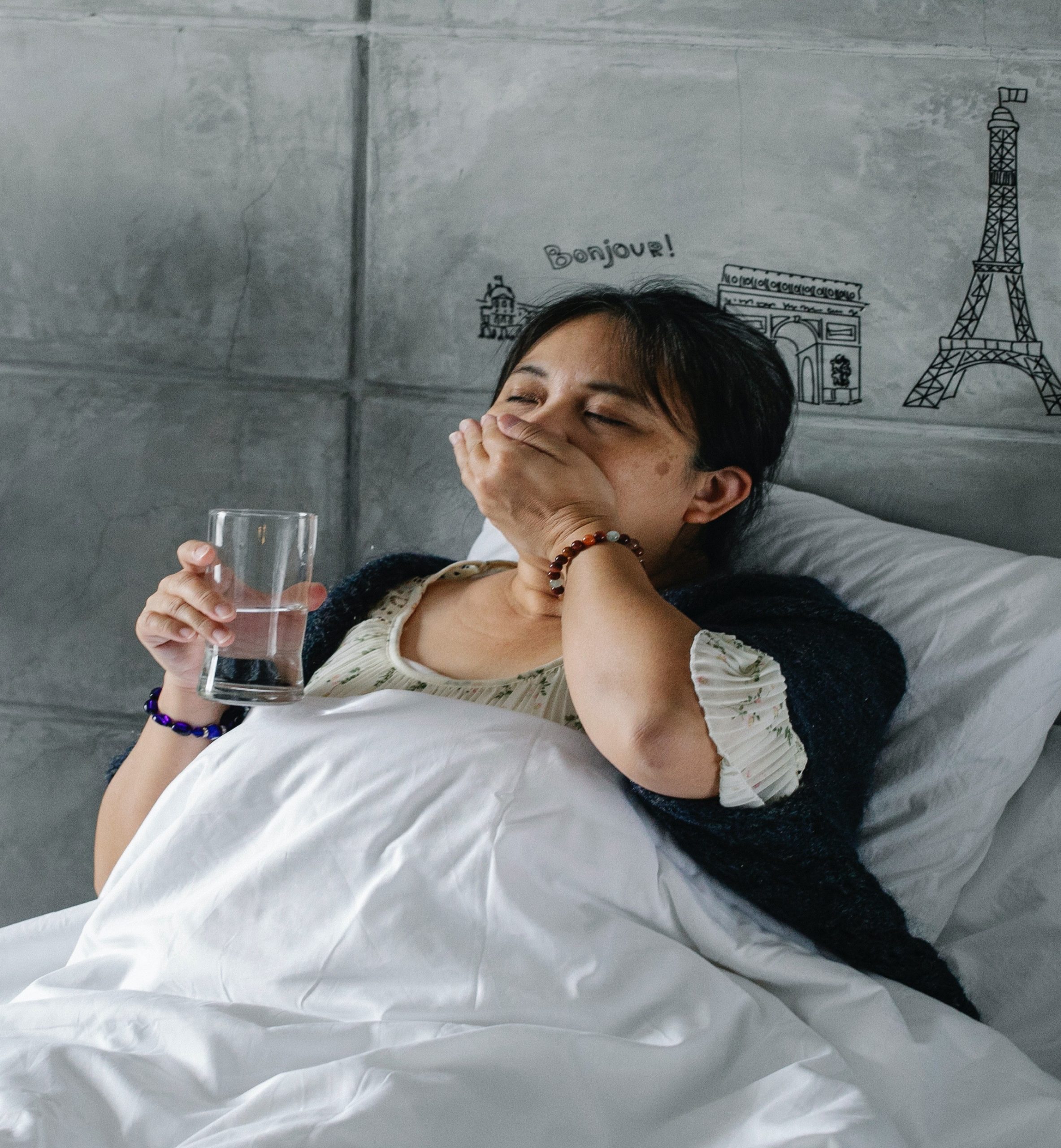
Pneumonia: The Silent Threat That Can Be Deadly
Pneumonia is a respiratory infection that inflames the air sacs in one or both lungs. This can make it difficult to breathe and can lead to a range of other symptoms, including cough, shortness of breath, chest pain, fever, and fatigue.
Pneumonia can be caused by bacteria, viruses, or fungi. Bacterial pneumonia is the most common type and can be serious, especially in young children, older adults, and people with weakened immune systems. Viral pneumonia is less common but can also be severe, especially in people with underlying health conditions. Fungal pneumonia is the least common type and is usually seen in people with weakened immune systems.
The symptoms of pneumonia can vary depending on the underlying cause and severity of the infection. In general, however, people with pneumonia may experience:
- Cough, often with phlegm
- Shortness of breath
- Chest pain
- Fever
- Sweating
- Chills
- Fatigue
- Bluish lips or nails (a sign of oxygen deprivation)
If you experience any of these symptoms, it is important to see a doctor right away. Pneumonia can be a serious infection, but it is usually treatable with antibiotics or antiviral medications.
There are a number of things you can do to help prevent pneumonia, including:
- Getting vaccinated against pneumonia and influenza
- Washing your hands frequently
- Covering your mouth and nose when you cough or sneeze
- Avoiding close contact with people who are sick
- Eating a healthy diet and getting enough sleep
- Quitting smoking
If you have pneumonia, there are a number of things you can do to help yourself feel better, including:
- Getting plenty of rest
- Drinking plenty of fluids
- Taking over-the-counter pain relievers
- Using a humidifier or taking a hot shower to help loosen mucus
- Getting vaccinated against pneumonia and influenza can help protect you from this serious infection. If you have any concerns about pneumonia, talk to your doctor.
Here are some additional tips for preventing pneumonia:
- If you have a cold or the flu, stay home from work or school to avoid spreading the infection to others.
- If you smoke, quit smoking. Smoking damages your lungs and makes you more likely to get pneumonia.
- If you have a weakened immune system, talk to your doctor about ways to boost your immunity.
- If you are elderly or have a chronic health condition, talk to your doctor about getting a pneumonia vaccine every year.
I hope this article has helped you understand endometriosis better. You can consult a doctor for more information


